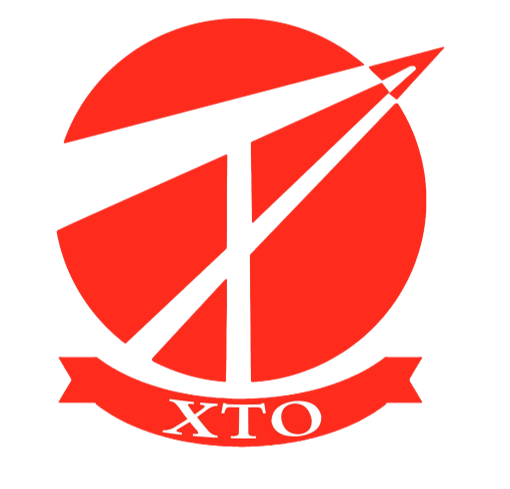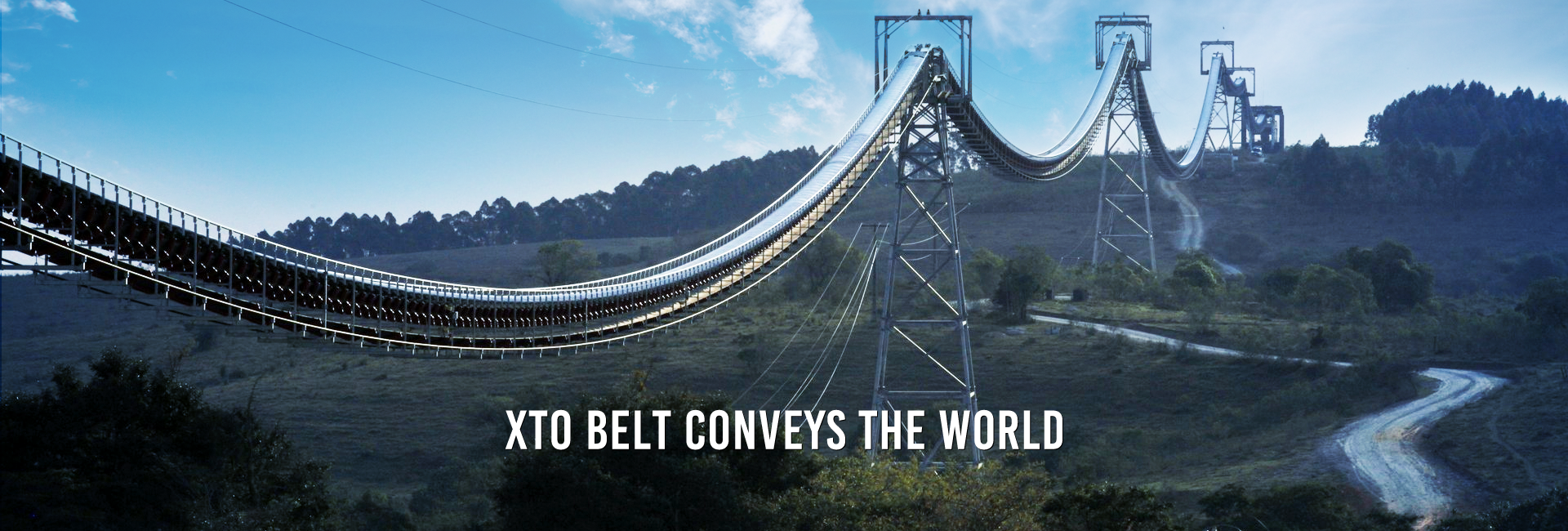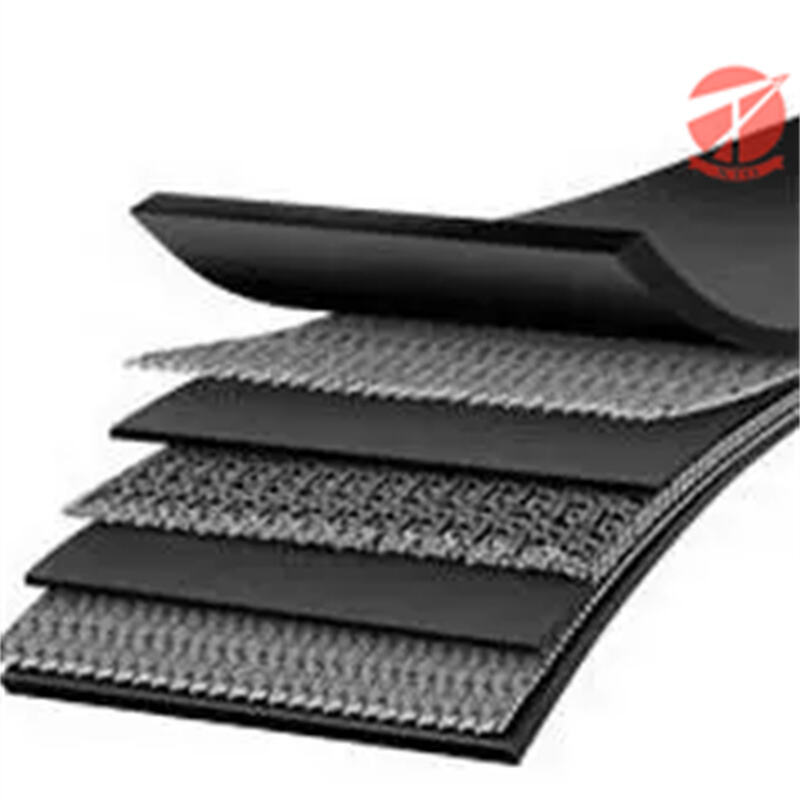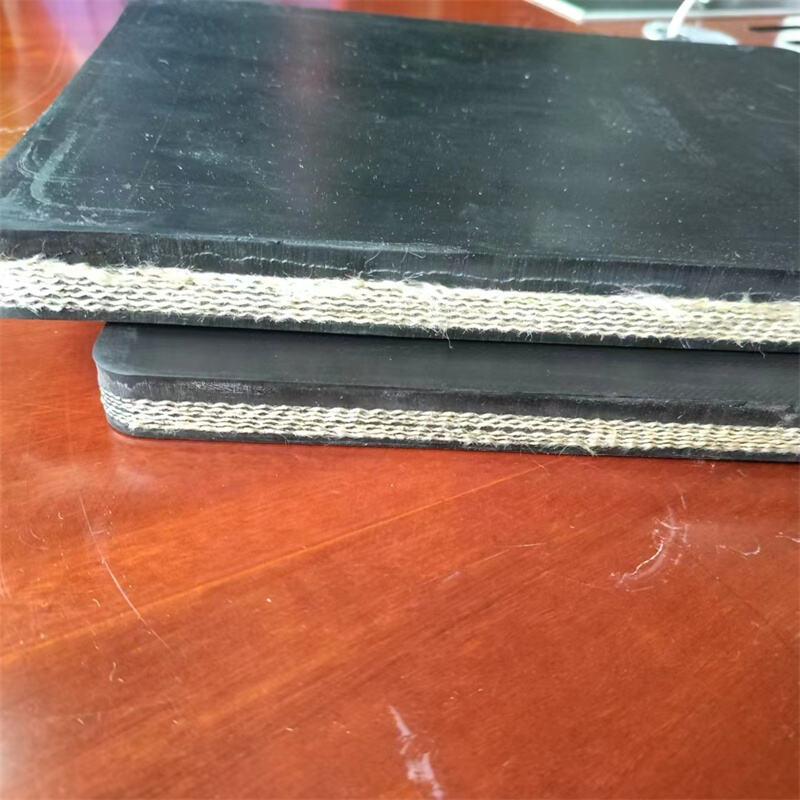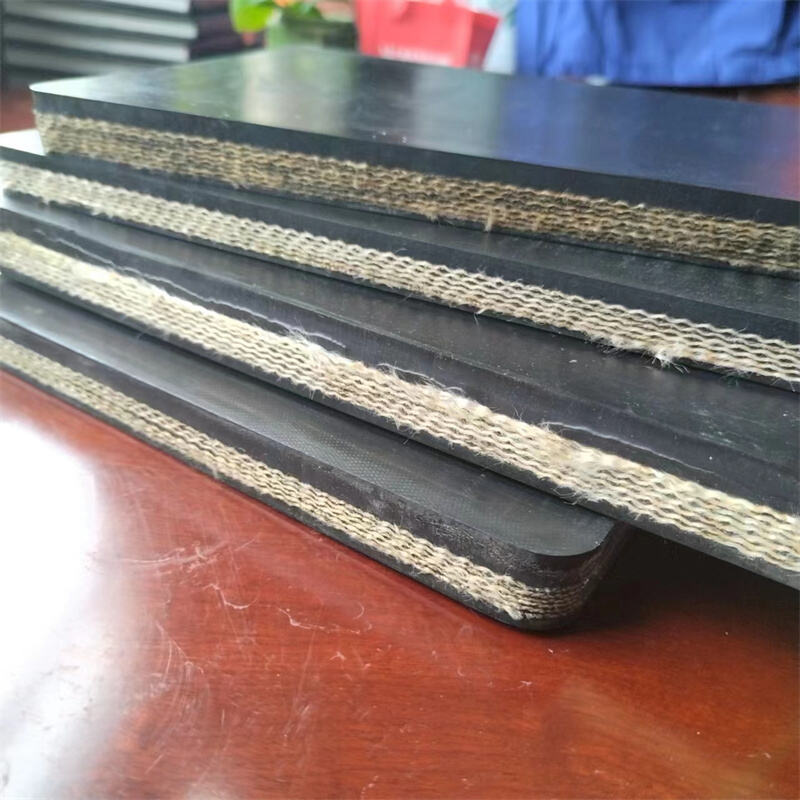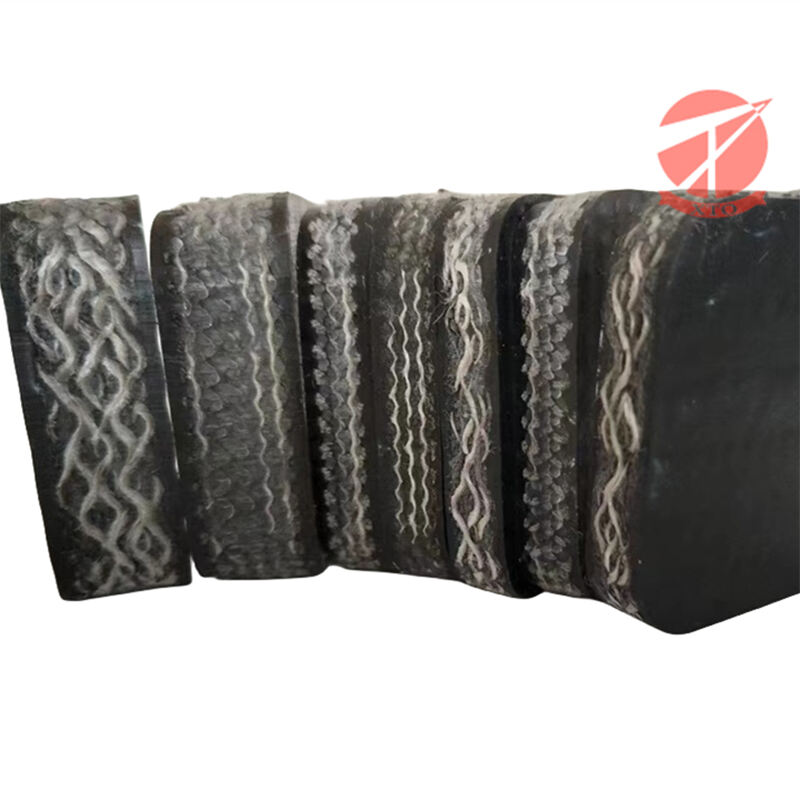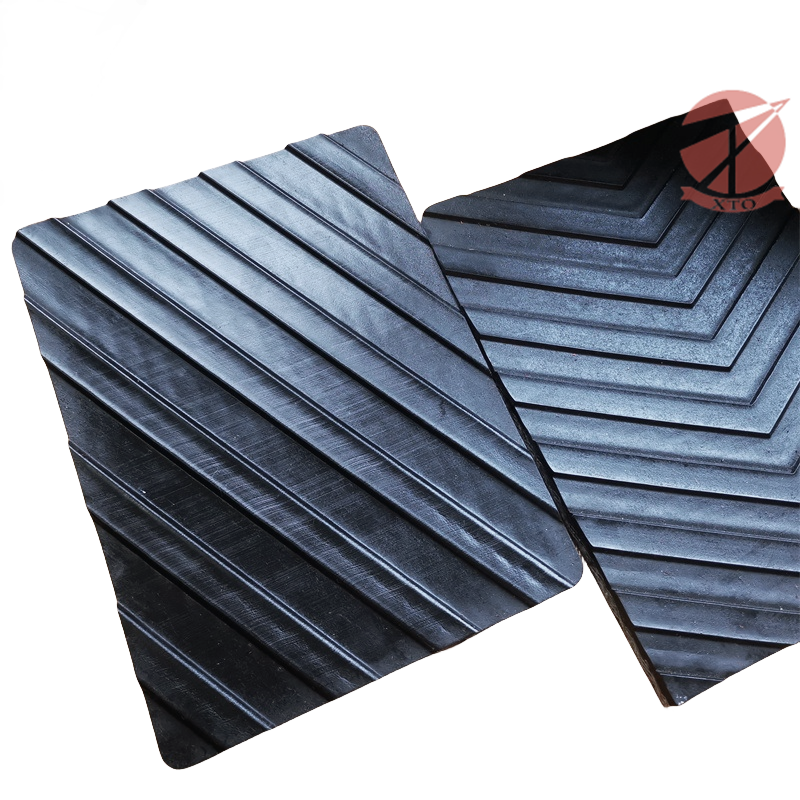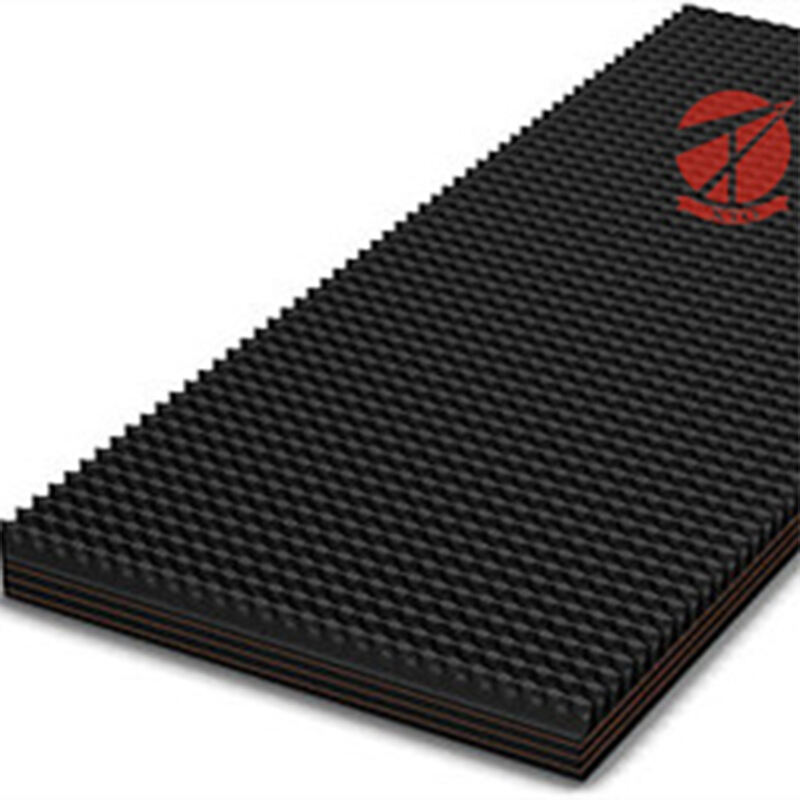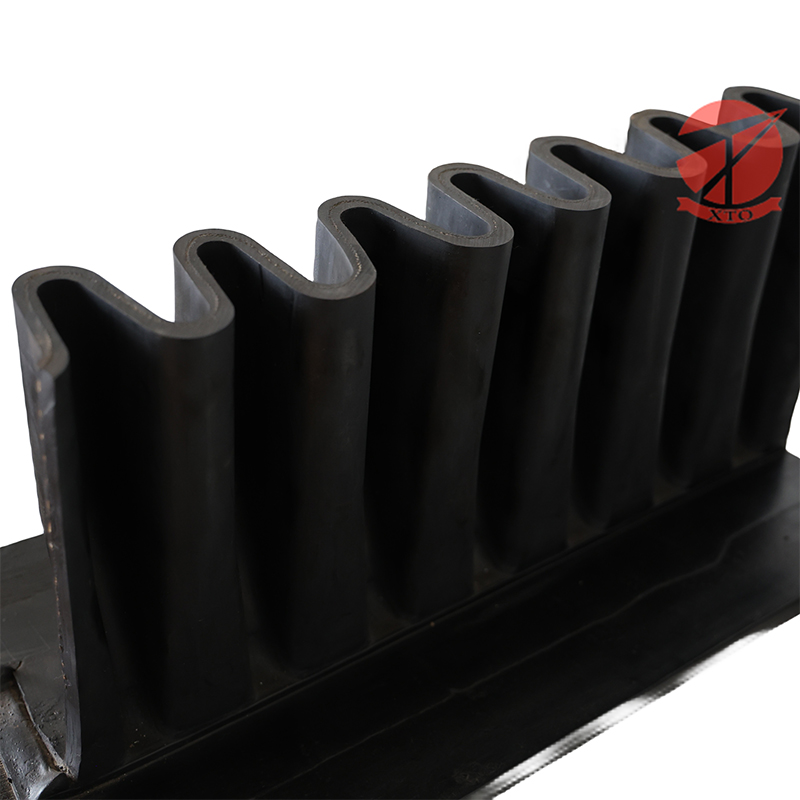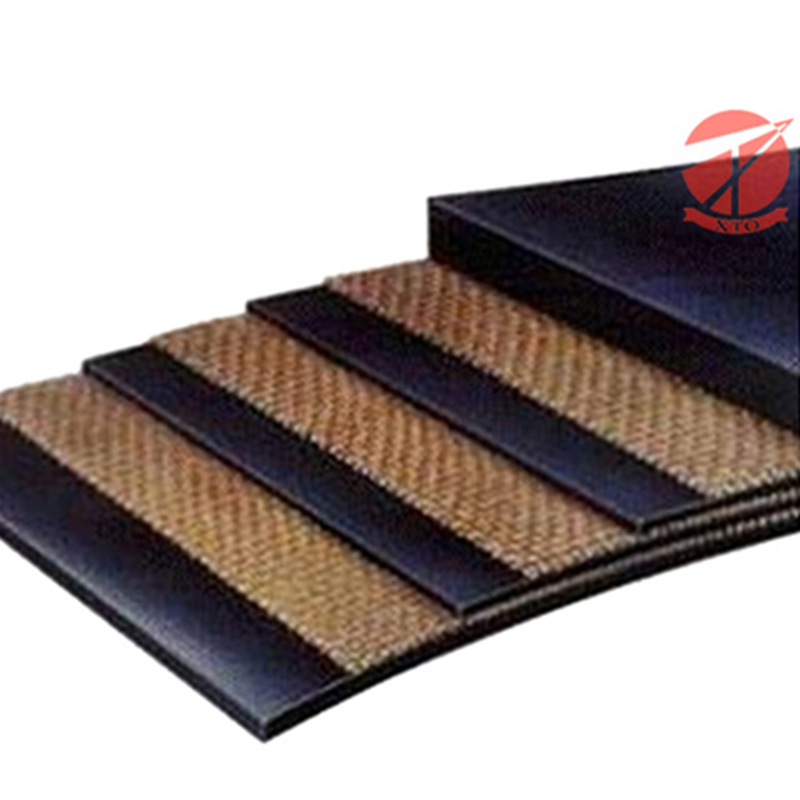- Introduction
Introduction
Usage
It’s suitable for transportation of hard and sharp materials in larger drop height occasions, used in lines of mines, ports, electricity, metallurgy, chemical industry, coalmines, etc.
Characteristics
The anti- tear conveyor belt has highly extensible transverse polyester or nylon canvas evenly arranged in the top cover (or both top and bottom cover) of the steel cord carcass. The anti-tear layer is perpendicular to the running direction of belt. When the belt conveys hard and sharp materials, the anti-tear layer can stop it from being pierced. Even if the belt is pierced, the anti-tear layer can still prevent it from being torn.
Standard Specifications
| Strength(KN/m) | No. Of Piles | Carcass Type | Belt Width |
| 300 | 2-4 | NN/EP | 500-2400mm |
| 400 | 2-4 | NN/EP | |
| 500 | 2-5 | NN/EP | |
| 630 | 3-6 | NN/EP | |
| 800 | 3-6 | NN/EP | |
| 1000 | 3-6 | NN/EP | |
| 1250 | 3-6 | NN/EP | |
| 1400 | 3-6 | NN/EP | |
| 1600 | 4-6 | NN/EP | |
| 2000 | 4-6 | NN/EP |
Note: It can be customized according to customers’ requirements.
Covers grades
In accordance with ISO14890-2013 standard
| Grade | Tensile Strength(ISO37) Mpa | Elongation at break min. (ISO37) % | Abrasion max. (ISO4649) mm³ |
| H | 24 | 450 | 120 |
| D | 18 | 400 | 100 |
| XTO D | 18 | 400 | 50 |
The values will help to determine the appropriate cover compound for the application or for the materials carries. Reliable assessment of the behavior of the covers in service for wear and cut resistance cannot be determined from tensile strength, and abrasion values alone.
